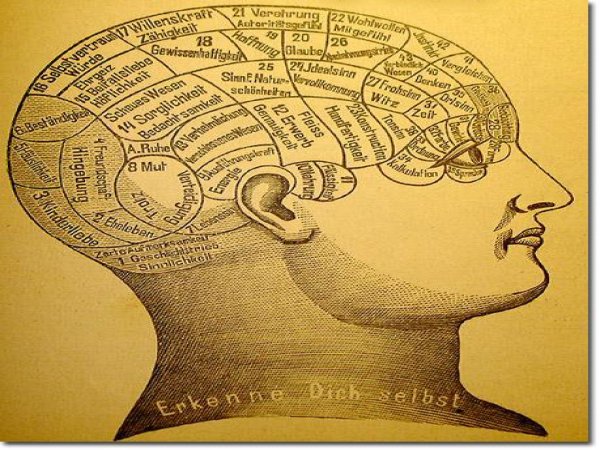
COGNITIVE DISSONANCE; Discripency in thoughts and actions
- By Kanvi Khatri XII-B
- Tue,10 Sep 2024
Have you ever experienced a situation where you had exams coming up and you knew you should be practicing or revising but instead ended up watching a movie or hanging out with friends? You must have tried justifying this action of not studying in one of the following ways: • Realize that you’ve wasted a lot of time and start preparing right away. • Convince yourself that these exams aren’t so important after all and you’ll study more and perform better in the next exam. • Believe that what you’ve studied in classes and in tuitions would be good enough. • Trivialize the inconsistency and understand that studying will get you good grades but you don’t care about it and just don’t want to study. But have you ever wondered why you feel this need to justify your actions, as in the above case, not studying knowing that you should study? This is an attempt to reduce the inconsistency in your mind between your beliefs and your actions. The mental disturbance that people feel when their beliefs and actions are inconsistent and contradictory is called Cognitive Dissonance. Leon Festinger proposed that human beings strive for internal psychological consistency to function mentally in the real world. In 1957, he wrote a book on the theory of cognitive dissonance, in which he outlined a detailed understanding of what cognitive dissonance is and how people deal with it. Now, why do people feel this urge to reduce dissonance at all? What’s the big deal about dissonance anyway? Some people say that it comes in the way of finding a sense of truth. In general, in understanding the world, we want a clear, consistent picture of it, and anything that causes inconsistency is a problem and needs to be resolved. But most research on dissonance has looked into the idea that it is physically uncomfortable to experience cognitive dissonance and that there’s this negative tension that people feel when they recognize two inconsistent thoughts or realize that they’ve done something that isn’t harmonious with their beliefs. We should also note that in some cases, dissonance is higher than in others. One of those cases is when you’ve the perception of having a choice. Let’s take the example we used earlier. In that case, the dissonance will be higher compared to the alternative where you were physically unable to study, maybe due to some illness or an emergency. You didn’t choose to do something that was inconsistent with your beliefs as opposed to when you would hang out or watch a movie instead of studying. Now, your result has been announced and you scored poorly, which means that your actions had negative consequences. In this case as well, where your actions contradict your beliefs and also have negative consequences, dissonance will be higher. A man with a conviction is a hard man to change. Tell him you disagree and he turns away. Show him facts or figures and he questions your sources. Appeal to logic and he fails to see your point. ~Leon Festinger, A Theory of Cognitive Dissonance Written by: Kanvi Khatri XII-B
